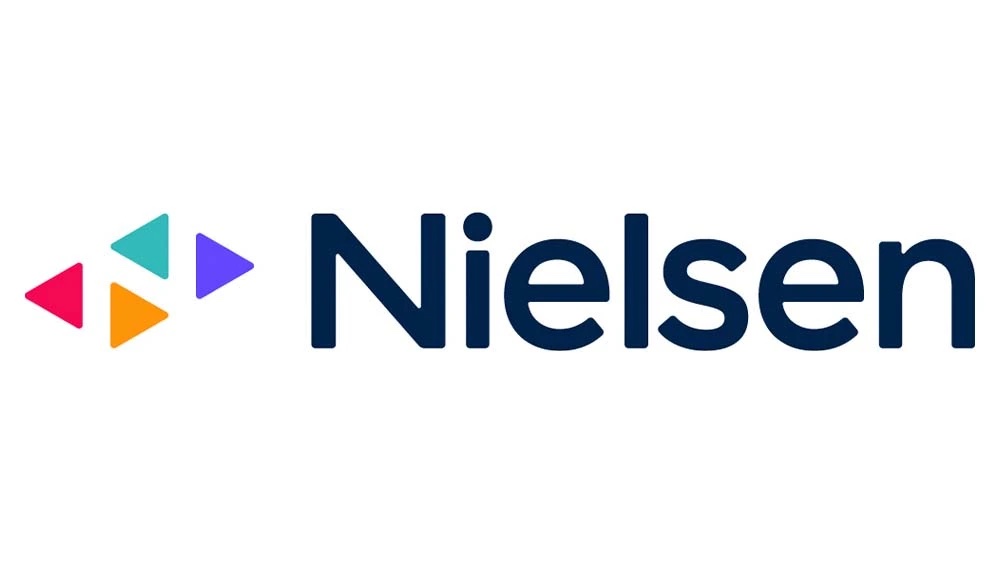Information overload
At the broadcast summits Broadcast Engineering conducts, I’m continually amazed at how busy the attendees seem to be. Even during intensive training sessions, keynote speeches or other activities, everyone seems to be talking to at least one person either live or on the cell phone, reading e-mail on a handheld or laptop, or checking the watch to see if they are late. These men and women are multitasking to the max. But, I wondered, how did our predecessors manage their broadcast stations and projects without being connected 24/7 to the Internet, cell phone and laptop?
While searching for some answers, I discovered this headline: "Information Overload: The Impact on the Organization." The link was advertising a webcast by a nonprofit group called the Information Overload Research Group (IORG). One company in the organization is Basex, which describes itself as a knowledge economy research firm that serves IT vendors and buyers with an expertise in knowledge worker management and productivity. OK. I’ll bite. What’s all that mean?
The company’s Web site is a brief set of information, workflow and news ideas, primarily focused on high technology businesses, environments and their managers. If you are a car mechanic, this site probably isn’t for you. If, on the other hand, you run a television station, there may some useful information here.
It takes only a couple of clicks to find that Basex sells “information;” however, not just any information, but information about how to operate more efficiently and how much time and OPEX you and your fellow workers are wasting.
Each information worker, who comprise about 63 percent of the U.S. workforce, is bombarded with 1.6GB of information on average every day through e-mails, reports, blogs, text messages, calls and more. According to an article in the Wall Street Journal, people are being exposed to a “fire hose of information,” but their ability to assimilate that information is the same as it was 100 years ago. Roger Bohn, a professor of management at the University of California, San Diego, is a co-author of the upcoming report, "Your capacity to drink is the same as it always was, but there's a bigger puddle around you when you're done of stuff you weren't able to assimilate." While the title of his report is way too long, you get the idea. There’s just too much to comprehend.
According to the same article, IBM's 400,000 employees send a total of 12 million instant messages to each other per day. Now, that sounds like a lot of e-mail, but it’s really only 30 messages per person per day. I’ll bet each of you sends way more than 30 e-mails a day. That makes you part of the problem.
According to Basex, U.S. companies lose $900 billion (that’s with a “B”) in productivity each year because of information overload. Jonathan Spira, Basex CEO and chief analyst, says information overload is simply having "too much of a good thing." Because much of today’s work environments are focused on continually-changing conditions, workers search for information, create information, recreate, communicate and collaborate, and network. And because connectivity is so ubiquitous, it’s easy to search, scan, and, perhaps the worst of all, forward that information to someone else, who just repeats what we just did.
The professional video industry's #1 source for news, trends and product and tech information. Sign up below.
According to Basex, here's how knowledge workers spend their days:
28 percent — Unnecessary interruptions followed by "recovery time" to get back on track
25 percent — Creating productive content
20 percent — Meetings, some productive, some not
15 percent — Searching for information (and an estimated 50 percent of searches fail)
12 percent —Thinking and reflecting
Ask yourself this. Would you admit to your boss that you are wasting one-third of your time with unnecessary interruptions and delays in getting back on track?
All this information creates a feeling of being overwhelmed and unproductive. And if your office is like mine, the bad economic times have resulted in staff layoffs, which leaves the remaining people trying to do more with less. And that further compounds the emotional load of too much information.
So what can you do about information overload?
First, says Spira, don't hit "Reply all" on e-mail unless it's really necessary. Some companies have even defeated that particular Outlook function just to try and maintain some control over the amount of e-mail traffic.
Next, consider others’ space and time. Don’t interrupt — in person, by phone, or by e-mail — unless it’s necessary.
Third, avoid computer distractions; they reduce your productivity. It took one day of Vista’s nonstop diatribe of warning and notification balloons before I was on the phone to the help desk learning how to silence them forever. (Now if I could only do that to my TV at home. Death to all snipes, I say!)
Information overload sounds funny, but it isn’t. Use technology to filter, block, sort, RSS and whatever else you need to control your information environment. Finally, do not do like one supervisor here suggested: “Here, take this laptop home. You can use it to get some work done on the Fridays we no longer pay you for.”
